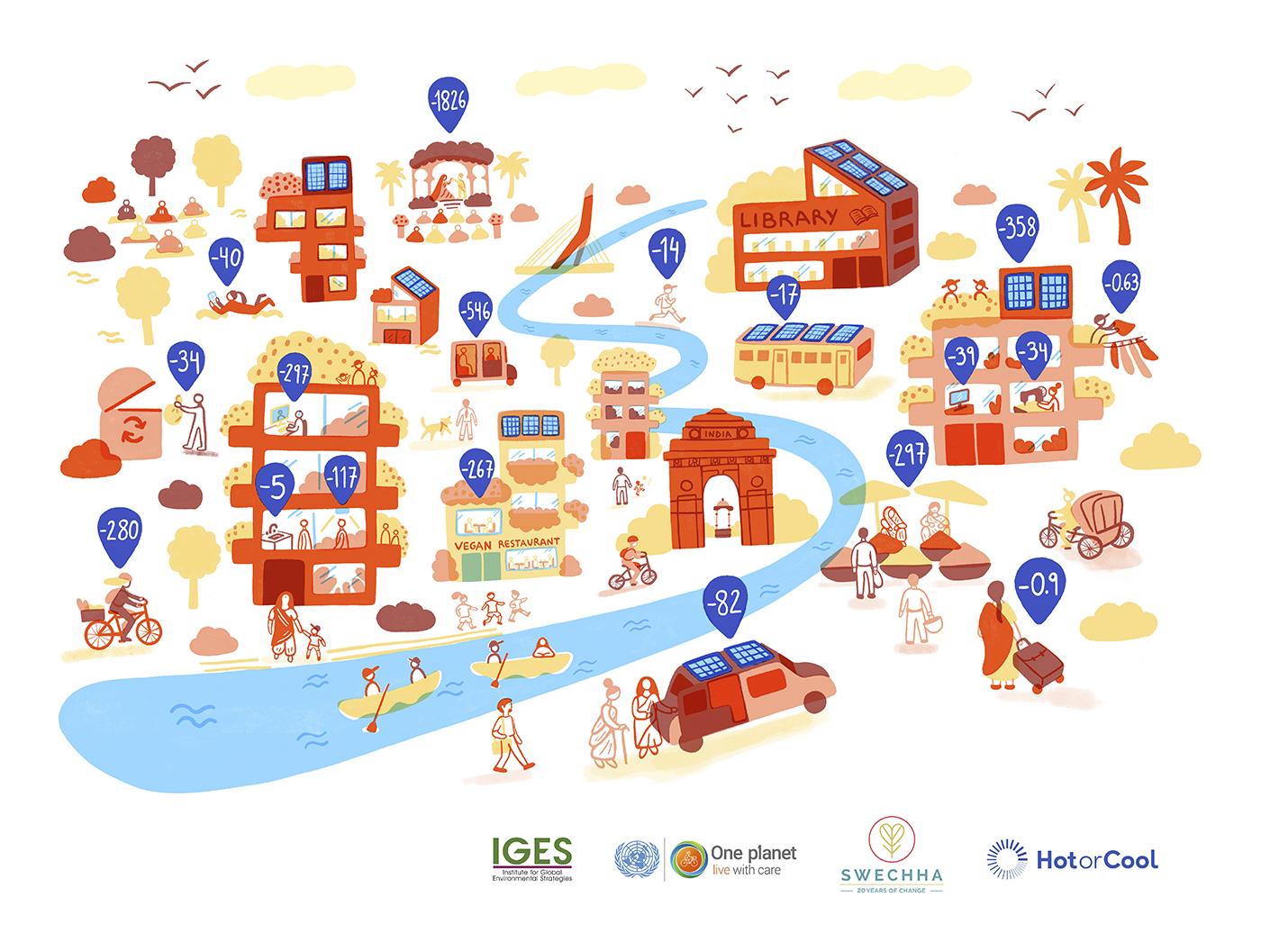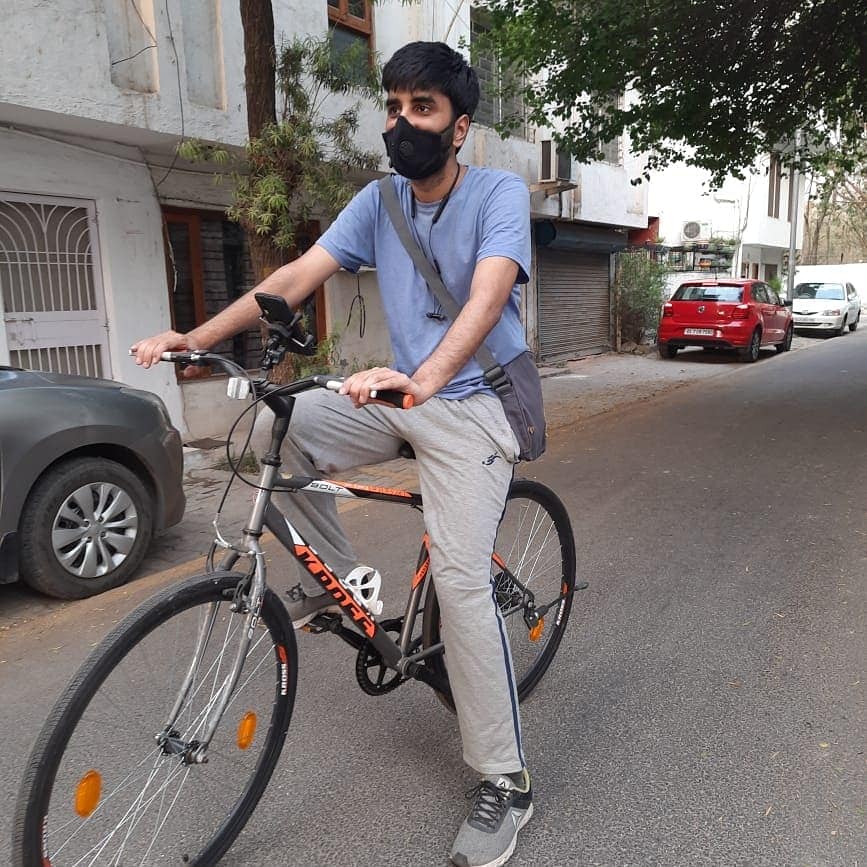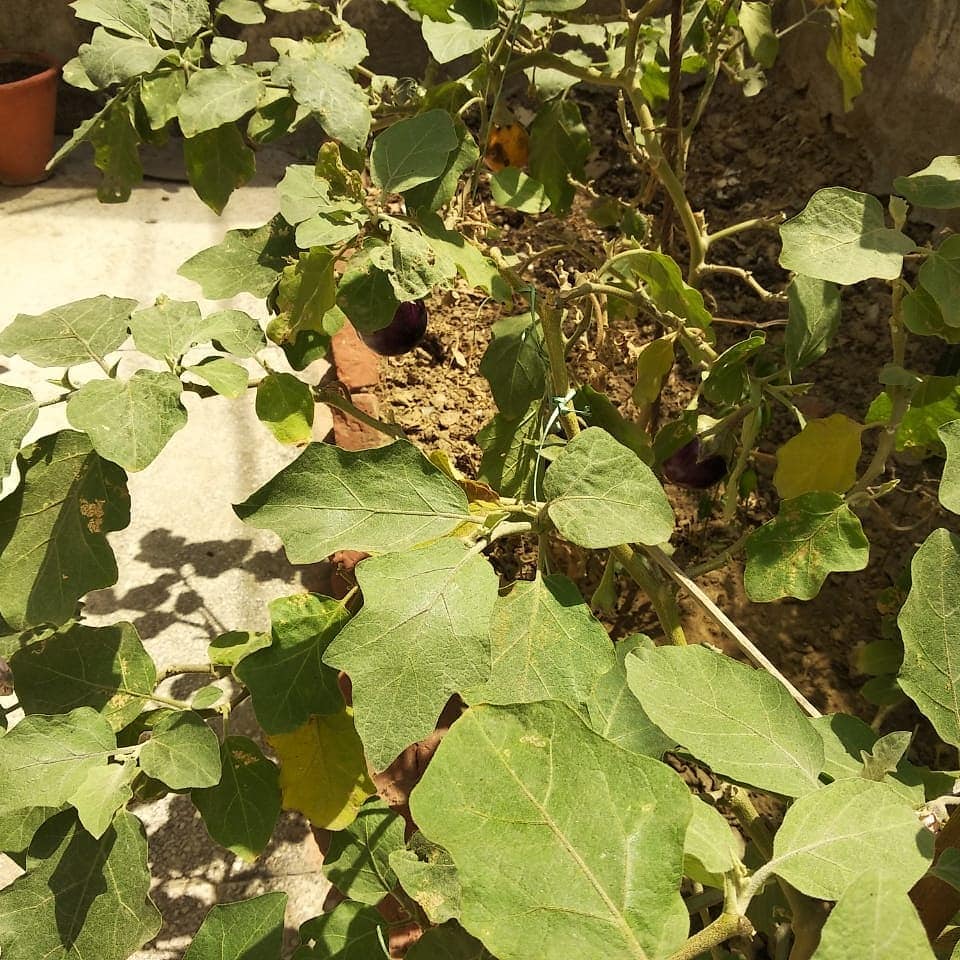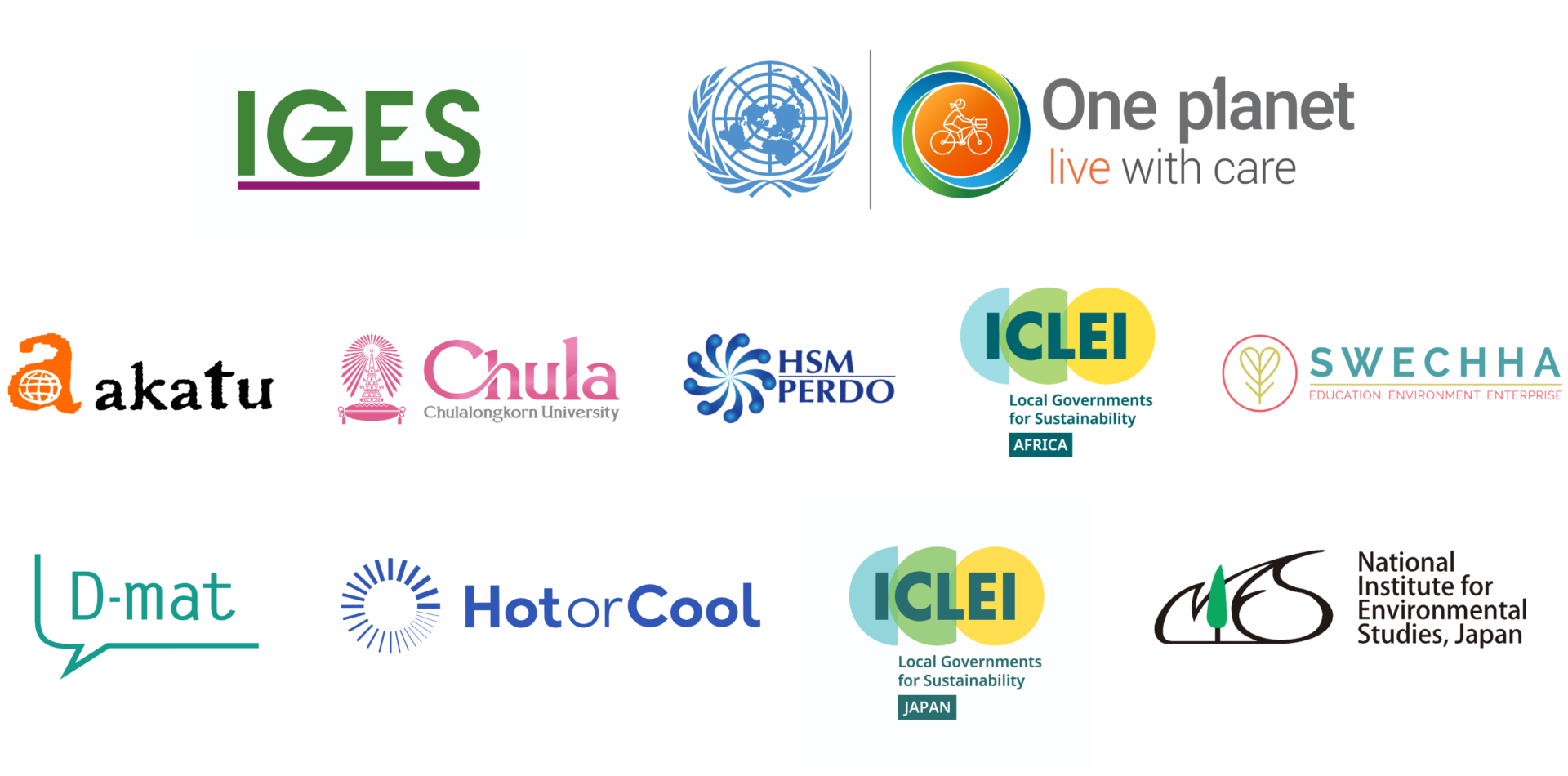New Delhi
The vision of a sustainable future New Delhi addresses several challenges that the city is facing, including the integration of environmental justice, sustainability and resilience within the current social, economic and political framework. Some of the challenges of today are: inefficiency of the public transport system; air and water pollution; waste management and segregation; inefficient management of green spaces and forest cover.
Household consumption is responsible for the annual emission of about 1.4 tons of CO2 equivalent per person per year – this is below the 2030 target of 2.5 tons and calls for further emissions reduction for achieving the 0.7 tons target by 2050.
Read more about the New Delhi vision in the city brief.

Plant-rich and organic food:
-297kg CO₂e/cap/yr
Vegetarian restaurant
& reduction of food
loss in supply chain:
-267kg CO₂e/cap/yr
Teleworking/ Working
remotely: -297kg
CO₂e/cap/yr
Using public transport
(even for intercity travel):
-17kg CO₂e/cap/yr
Using CNG vehicles:
-546kg CO₂e/cap/yr
Ride sharing and
car sharing: -82kg
CO₂e/cap/yr
Use of bicycles:
-280kg CO₂e/cap/yr
Rooftop solar
panels: -358kg
CO₂e/cap/yr
Reduce the use of
electronics: -0.63kg
CO₂e/cap/yr
Repairing items
(sewing): -34kg
CO₂e/cap/yr
Reduce waste and
Re-Use Waste:
-34kg CO₂e/cap/yr
Reduce Plastic
Consumption (by
bringing your own
basket, cloth bag to
carry the things you
buy from the market):
-0.9kg CO₂e/cap/yr
Switching off
appliances when
not in use: -39kg
CO₂e/cap/yr
Install Water Saving
Fixtures in Washrooms
and Kitchen: -5kg
CO₂e/cap/yr
Motion sensing lights:
-117kg CO₂e/cap/yr
Use E-books instead of
hard copies: -40kg
CO₂e/cap/yr
Reduce extravaganza
in weddings: -1826kg
CO₂e/cap/yr
Exercising outdoors
without machines:
-14kg CO₂e/cap/yr
Illustration by Tania Vicedo
I found the participatory workshop on Low Carbon Lifestyles very interesting as it reviewed best practices in reducing your own carbon footprint that were practical and implementable.
The participatory approach of the Future Lifestyles project enabled citizens of New Delhi to reflect, discuss and envision a more sustainable future. Through workshops led by Swechha the participants were encouraged to reimagining the city and what changes they want to see by 2030. The organisation and the participants agreed, to start building a sustainable New Delhi, action is needed at three levels: individual change in lifestyles; collective action through community engagement; and systemic policy-level and governmental changes.

I liked the focus on solutions instead of talking about problems.

The project participants found the workshops both interesting and informative. Though many of them recognised they already practice the lifestyle options which were suggested to reduce carbon footprint, the participants found it useful to quantify the impact of our everyday life activities. Many participants were positive about the focus on solutions which made the process of changing lifestyles more feasible and motivating.
Among the 30 low-carbon lifestyle options the participants started to make adjustments in their own households adopting practices such as reducing meat consumption, gardening and producing their own vegetables, switch-off lights when not in use, composting and making bio enzymes and organic fertilizers from household waste, and use of grey water to reduce the household water waste.

Although virtual, the participatory workshops helped individuals share opinions, extract their knowledge and solved problems in a collaborative and creative manner. It allows you to reflect on issues and on your own experiences.

The experiment also led to discussions of the infrastructures needed to make other lifestyle changes – in the case of New Delhi, there is a need for more incentives of practices such as local and organic farming and installing and maintaining solar panels and other renewable energy equipment. There is a need to expand public investments in sustainable mobility infrastructures, and sustainable housing to be scaled-up. Second-hand retail and other circular business models should be enabled as well.






